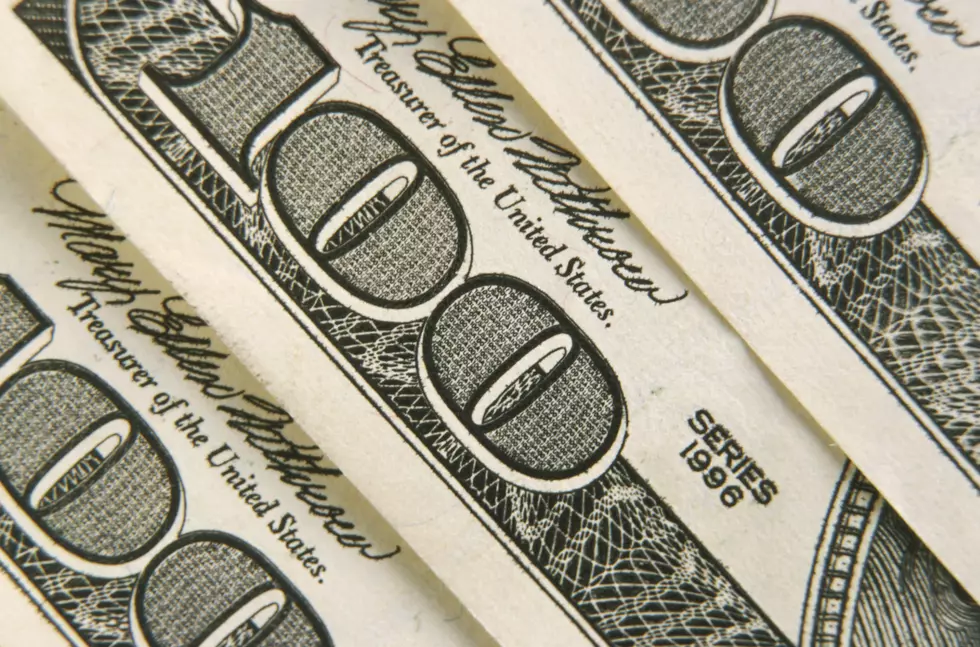
Majority of Americans losing sleep over finances
Are your finances keeping you up at night? A recent poll from CreditCards.com found that nearly 60 percent of Americans report losing sleep over at least one financial problem.
The survey, which polled 1,000 U.S. adults, gave respondents a list of financial concerns: education expenses, saving for retirement, paying for health care costs, housing costs and credit card debt, and asked them to identify which of the five was their biggest worry. Retirement ranked first with educational and medical costs following.
"Retirement was definitely the most common thing that was keeping people awake at night," said Matt Schulz, a senior industry analyst with CreditCards.com.
Here's the breakdown of percentages of what people are losing sleep over:
- Saving enough for retirement - 39 percent
- Educational expenses - 30 percent
- Healthcare or insurance costs - 29 percent
- Housing costs - 26 percent
- Credit card debt - 22 percent
- None of above - 38 percent
"There doesn't seem to be much middle ground when it comes to Americans' financial worries. Many folks have none at all, but many of us are worried about several different problems all at once," Schulz said.
And when it comes to losing sleep, women are struggling more than men, according to the survey.
Fifty-six percent of men reported they occasionally lost sleep over at least one financial issue versus 68 percent of women, an increase over 8 percent from last year's poll.
And while women worry more than men, both genders are worried about not having enough saved for retirement. In fact, 44 percent of women and 35 percent of men said they have lost sleep fretting about retirement savings.
Healthcare costs were the second biggest worry for women, while men listed educational expenses.
The survey found that money worries concerned most age groups, but things do get better with age.
"Our survey found that money anxiety tends to peak between the ages of 50 and 64 and then drops off sharply after age 65," Schulz said.
Not surprisingly, the more money one makes the more likely they were to report not losing sleep over finances.
In fact, the survey found that those making between $50,000 and $75,000 per year were 14 percentage points less likely to lose sleep in 2016 than they were the last time the survey was conducted in 2015.
Another positive sign is the number of people not concerned with their credit card debt.
"It seems to indicate that despite balances continuing to rise after the Great Recession, most Americans feel they have their card debt well under control," Schulz said.
The CreditCards.com poll was conducted by Princeton Survey Research Associates International through phone interviews with approximately 1,000 adults living in the U.S.
More From New Jersey 101.5 FM







![Poll: NJ Residents Lukewarm on 2014 Financial Progress [AUDIO]](http://townsquare.media/site/385/files/2014/02/RS3050_146835613.jpg?w=980&q=75)
![Are You in Better Physical or Financial Shape? [AUDIO]](http://townsquare.media/site/385/files/2012/01/MoneyStack2.jpg?w=980&q=75)
